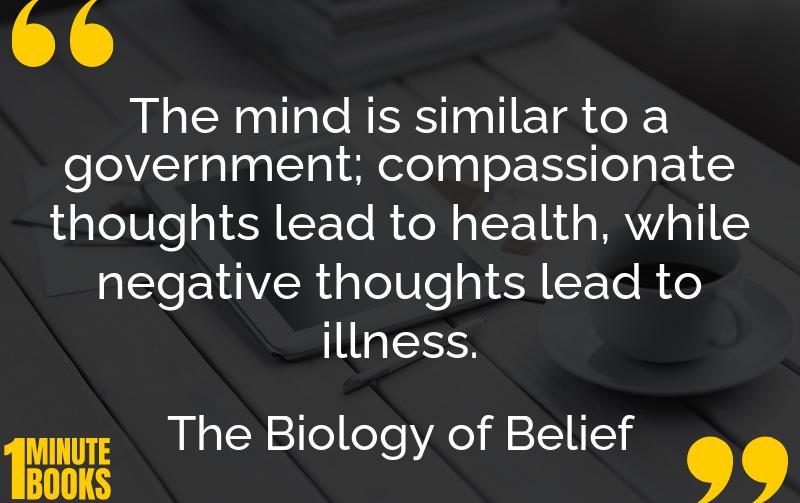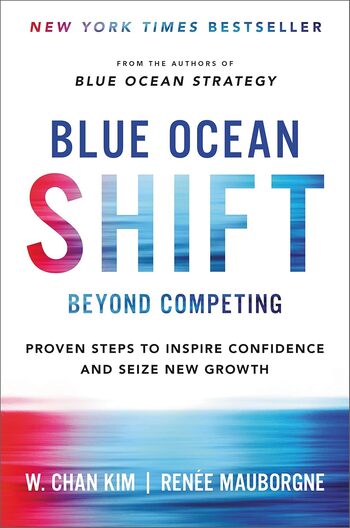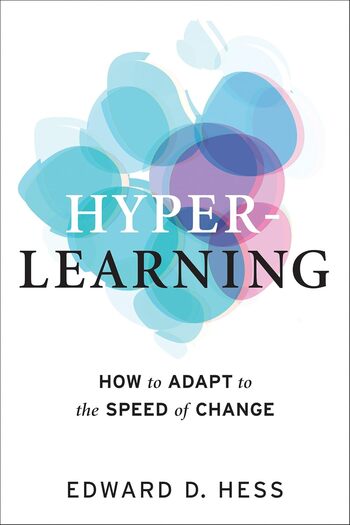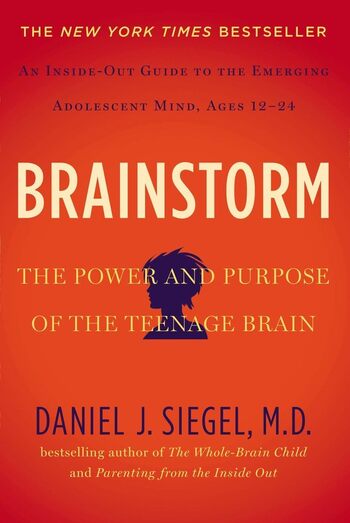
The Biology of Belief explores how consciousness and environment influence our genetic expression, challenging traditional DNA-determinism and highlighting the power of belief and mindfulness to shape our lives.
Main Lessons
- Consciousness and environment play a crucial role in genetic expression and can guide health outcomes.
- Genes act like blueprints, influenced by beliefs and environmental cues rather than being absolute determiners.
- Epigenetics shows that gene expression can be altered without changing the genetic code, leading to new understandings of heredity.
- Positive thinking and beliefs can trigger beneficial chemical responses in the body, like dopamine and serotonin release.
- Negative thoughts and stress can produce cortisol, leading to health problems and protective mental and physical states.
- Childhood environments and early beliefs significantly imprint mental patterns that affect lifelong perspectives and health.
- Conscious and subconscious minds shape reality; the former through daily decisions, the latter through deep-seated beliefs.
- Healing chronic conditions may require altering subconscious beliefs through repetition, hypnosis, and meditation.
- Placebo effect illustrates how belief alone has the power to heal or harm, depending on its positivity or negativity.
- Emotional healing and compassion are necessary to prevent toxic positivity and truly transform mental and physical health.
- The pharmaceutical industry may resist these ideas due to financial interests in traditional medicine.
- The potential for generating a new generation of aware and enlightened children depends on their nurturing environment.
- Bruce Lipton emphasizes educating children about their inherent power and beauty to foster a positive self-identity.
- Integrating scientific discoveries with spirituality can provide a holistic approach to health and personal empowerment.








